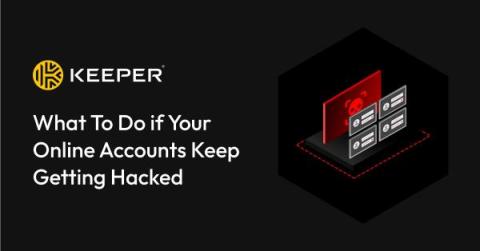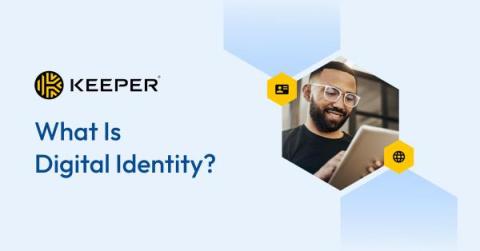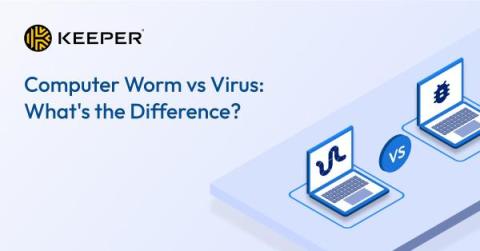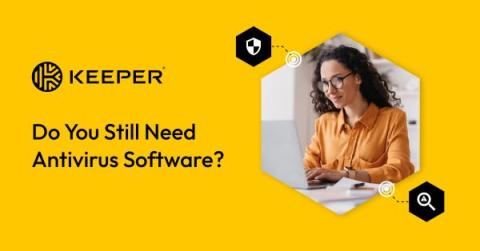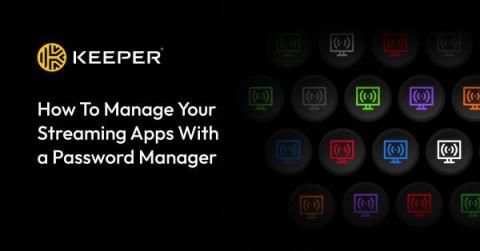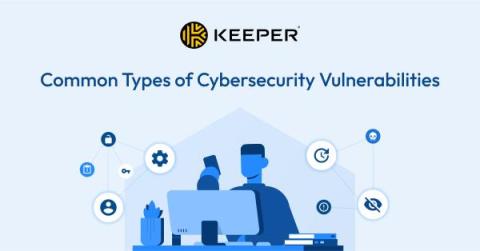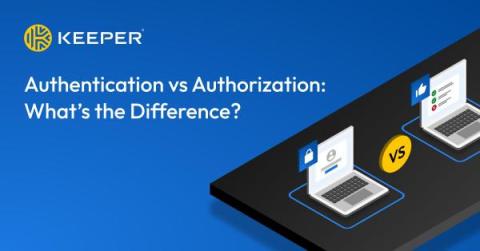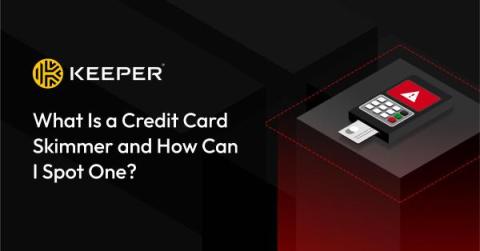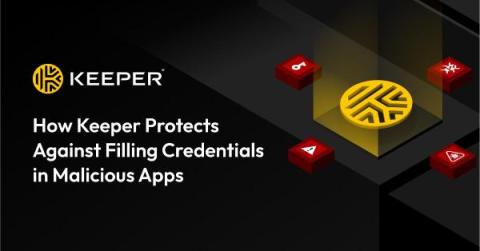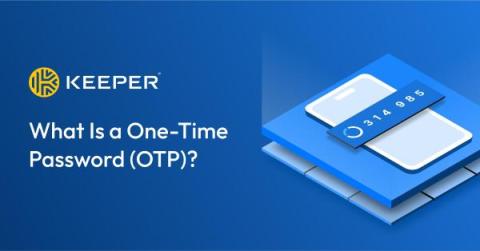What To Do if Your Online Accounts Keep Getting Hacked
If your online accounts keep getting hacked, you should scan your computer for malware, update your account passwords, enable MFA, check your account’s settings for suspicious changes, change your account’s security questions and place a fraud alert on your credit report. Continue reading to learn the signs that point to your online account being hacked, steps to take when your account is hacked and how to prevent your account from being hacked again.


